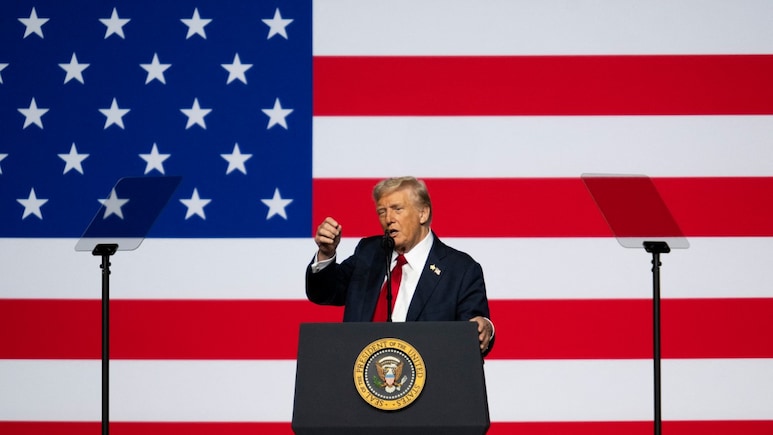U.S. President Donald Trump on Tuesday announced a landmark deal with Pfizer to slash the cost of prescription drugs for Medicaid and launch a new platform, TrumpRx, that will allow patients to buy medicines directly from manufacturers at steep discounts.
Speaking at the White House alongside Pfizer CEO Albert Bourla, Trump hailed the agreement as “turning the tide” on drug prices, long criticized as the highest in the developed world. Under the deal, Pfizer will provide Medicaid with “most-favored-nation” pricing — matching the lowest prices it offers in other advanced economies — and extend that pricing to new medicines it launches. Pfizer also pledged to list many of its treatments on TrumpRx at average discounts of 50%.
The deal, however, remains clouded by uncertainty. Experts like Stacie Dusetzina of Vanderbilt University Medical Center note that Pfizer has not disclosed full terms and it remains unclear how much pricing will change compared to what Medicaid already pays. Consumers are unlikely to see lower costs until 2026, officials said. While Medicaid patients already pay nominal co-pays, lower drug costs could ease pressure on state budgets and uninsured patients. Still, even 50% discounts might leave patients paying hundreds of dollars monthly for some treatments.
Pfizer further pledged a $70 billion investment in U.S. manufacturing facilities and research projects, aligning with Trump’s push to onshore pharmaceutical production. Trump admitted he had threatened tariffs on drugmakers to secure concessions, calling it “a pretty good negotiating position.”
India’s Position on Medicine Tariffs
While Trump touted tariffs as leverage, India — the world’s largest supplier of generic medicines — has voiced concern that such protectionist measures could disrupt global pharmaceutical trade and drive up costs for developing nations. India exports nearly $25 billion worth of medicines annually, including critical supplies of affordable generics to the U.S. and Africa.
Indian trade officials have warned that U.S. tariffs on medicines would not only raise drug costs domestically but could undermine India’s own pharmaceutical industry, which depends heavily on open access to international markets. Analysts say higher U.S. import tariffs could squeeze Indian exporters’ margins, limit the availability of cheaper generics abroad, and potentially spark retaliatory trade measures.
“Tariffs on medicines harm both American patients and Indian producers,” said one Indian commerce ministry advisor, noting that India supplies roughly 40% of generics consumed in the United States. “Instead of lowering costs, such policies risk destabilizing a global system that ensures affordable access to lifesaving drugs.”
India has also stressed that the U.S. relies heavily on Indian pharmaceutical firms for critical medicines, from cancer drugs to antibiotics, and tariffs could delay shipments, disrupt supply chains, and create shortages. New Delhi has urged Washington to exempt pharmaceuticals from tariff regimes, arguing that medicines should remain outside the realm of trade wars given their humanitarian importance.
Global Implications
The Trump-Pfizer deal highlights diverging global strategies: while Washington seeks to muscle lower costs through tariffs and direct deals with drugmakers, India fears such moves could undercut global access to affordable medicine. If more U.S. pharmaceutical companies strike similar deals, the ripple effects on generic drug exporters like India could be profound — reshaping both domestic drug pricing and the international pharmaceutical trade.

